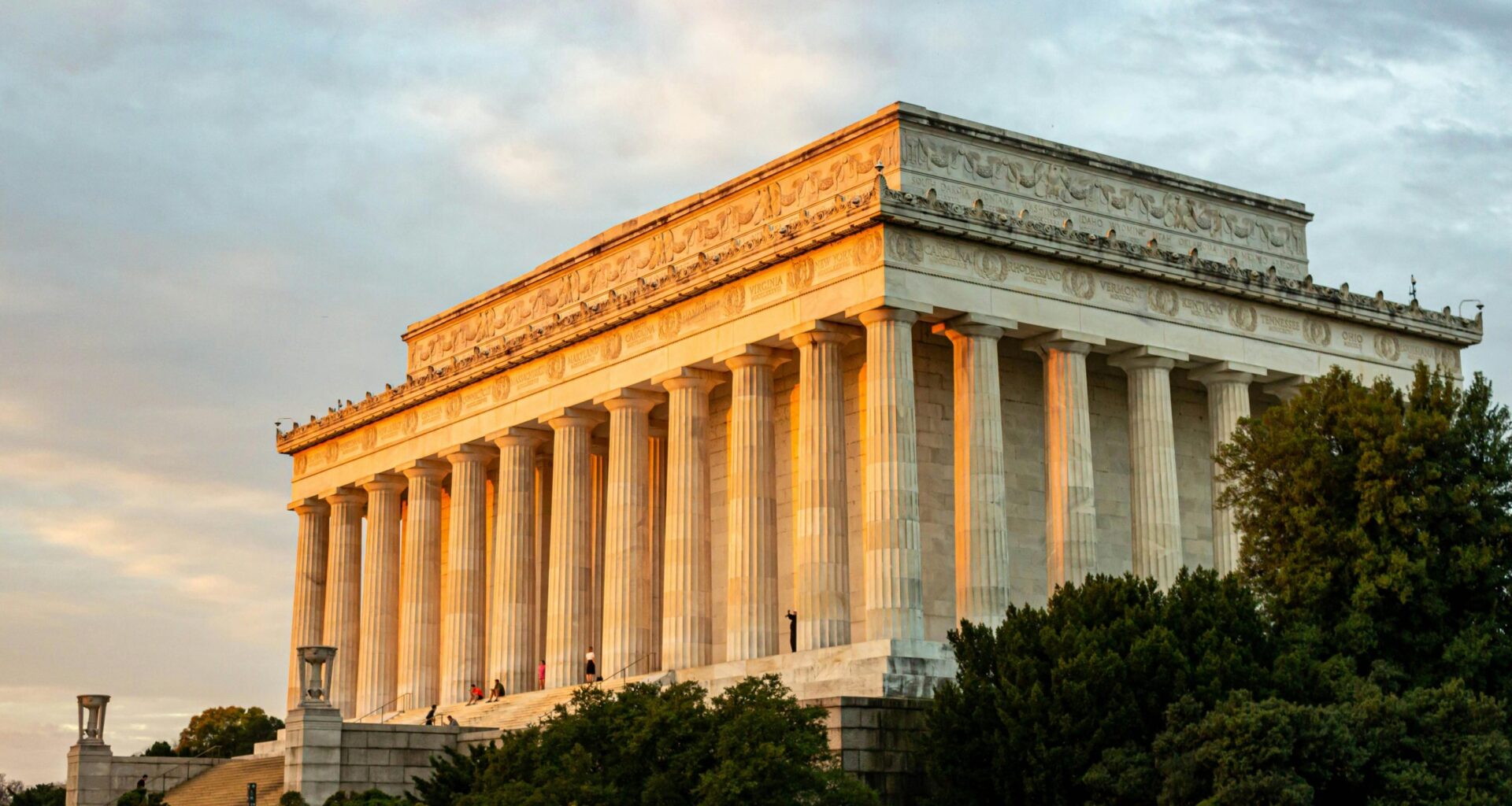When asked what the most important commandment was, by Pharisees who sought to trick him, Jesus responded that it was to “Love the Lord your God with all your heart and with all your soul and with all your mind and with all your strength.’ The second is this: ‘Love your neighbor as yourself.’ There is no commandment greater than these.” (Matthew 12:30-31)
The most important commandment in the Gospel is to love God and love those around you.
As a child, growing up in a small church in California, love was a message I received every time I went to church. I absorbed the message of the Good Samaritan, of the forgiveness of Zacchaeus, of Jesus’s outreach to the poor, the sick, and the outcast. I learned that God loved me, and that He called me to love everyone around me, to spread His love to all the peoples of the earth, and be a reflection of His light. I learned that all human beings are made in the image of God, and that we are all brothers and sisters in Christ.

I do not see the love of God in contemporary politics, even (or especially) in the people who loudly proclaim their faith and use it to justify their beliefs. I do not see the Good Samaritan stopping on the side of the road to help a stranger in the person who ignores a homeless person begging for food to feed their family, and then votes against funding resources for them. I do not see Jesus feeding the hungry in the person who votes to cut resources to food banks, and restricts access to food stamps. I do not see Jesus reaching out to the leper, the outcast of society, in the person mocking individuals with disabilities. I do not see Jesus in cuts to programs for children, students, and volunteers seeking to give back to their communities that impact people across Connecticut.
Of course, no Christian would claim perfection, “For all have sinned and fall short of the glory of God” (Romans 3:23). However, Jesus calls us, as Christians, to spread his love to everyone. Jesus spent time with prostitutes and outcasts, preached to the poor and condemned. Even as he died on the cross, he reached out with compassion to the criminals on either side of him. How does seizing someone from the streets for writing an opinion piece, or forbidding someone from witnessing the birth of their son for their political beliefs entail loving your neighbor? How does deporting an innocent man to a prison notorious for human rights violations spread the love of God?
 A.G. Taylor
A.G. TaylorThe Trump administration is vocal in its embrace of the Christian faith. Cabinet meetings beginning with prayers, impromptu hymn sing-a-longs breaking out in the White House. But Jesus doesn’t call on us to display our faith loudly, in fact he condemns the Pharisees for doing the same, saying “when you pray, do not be like the hypocrites, for they love to pray standing in the synagogues and on the street corners to be seen by others. Truly I tell you, they have received their reward in full” (Matthew 6:5).
In addressing those gathered during the National Prayer Breakfast on February 6, President Trump repeatedly extolled the value of religion, saying, among other things, that “People of religion are going to be happy again.”
I call on all Christians to look within themselves and see if that is really the case. Are you happy that someone found liable for sexual assault is our President? Are you happy that federal programs protecting the most vulnerable members of our society, including undocumented children, are being slashed? I know for certain that I am not.
In Connecticut, I do see the love of God in groups like the bipartisan End Homelessness Caucus, which formed in the state legislature in February. Part of their purpose is to prevent anti-homeless policies being passed in the state following the Supreme Court decision in Grants Pass v. Johnson (2024) allowing ordinances banning public camping, and to increase funding towards state resources for homeless individuals.
A famous sculpture by Timothy P. Schmalz that depicts Jesus as a homeless individual sleeping on a bench has been placed in locations across the world. I encountered it in Rome, in the neighborhood of Trastevere. I was with some friends, but I stopped for a moment, and thought about the life of Jesus. Jesus, above all, taught compassion for the downtrodden and outcast members of society. During the Last Judgement, he tells the righteous “Truly I tell you, whatever you did for one of the least of these brothers and sisters of mine, you did for me” (Matthew 25:40).
Near the end of his life, Martin Luther King Jr. gave a speech. It might not be as famous as some of the other speeches he made, but I think his “Beyond Vietnam” speech holds important lessons for us as Christians today. In it, he calls on Christians to love and support all of humankind, referencing 1 John 4:7-8: “Beloved, let us love one another, because love is from God; everyone who loves is born of God and knows God. Whoever does not love does not know God, for God is love.”
In his letter to the Phillipians, Paul writes “In your relationships with one another, have the same mindset as Christ Jesus [who] … made himself nothing by taking the very nature of a servant, being made in human likeness” (Philippians 2:5-7). I don’t want to follow a God who encourages his followers to insulate themselves and harm innocent people.
But a God who is love, and calls his followers to love others unconditionally? I could get behind that.
A. G. Taylor is a rising senior at Connecticut College studying Government and Classics.
